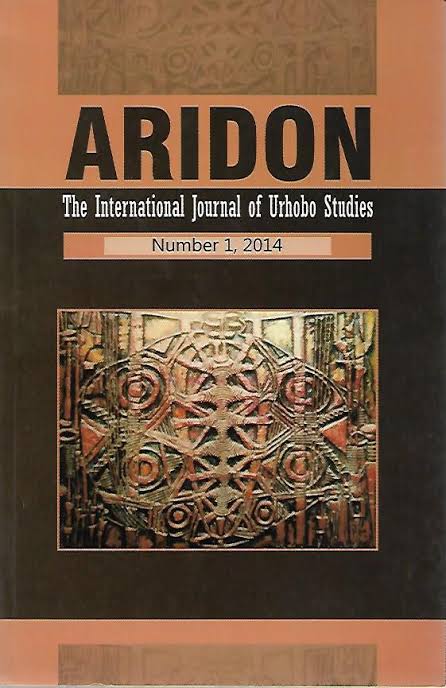Abstract
Agadama is an Urhobo language-speaking agrarian community in Uwheru clan, Ughelli-North LGA, Delta state, Nigeria which specializes in production of potatoes and other crops in commercial quantity. Rather than experiencing rural depopulation, Agadama community experiences seasonal rural repopulation due to its conscious concentration in the production of commercial potatoes and the magnitude of this activity conspicuously catches the attention of a new entrant (stranger/visitor) into the society. This is a qualitative ethnographic study targeted at exploring the socio-economic potentials and the health of a potato-producing community in the oil-rich Niger-Delta area, south-south Nigeria. The study employed participant observation, key informant interview, and in-depth interview as data collection methods with content analysis involving „thick description‟ anchored on the location theory. The study revealed that, the commercialization of potatoes makes Agadama a melting pot of culture and has potentials of making the community a centre for great economic opportunities, ensuring improved standard of living, healthy population and ethnic integration, if properly harnessed. The study advocates a ruralization of relevant industries that could process surplus agricultural products, provide storage and health facilities which have implication for rural repopulation.

